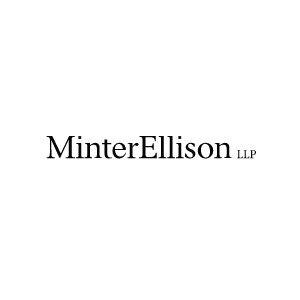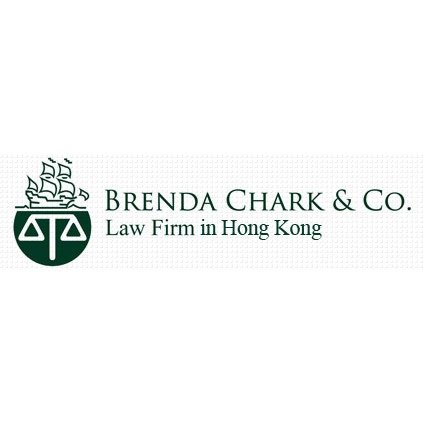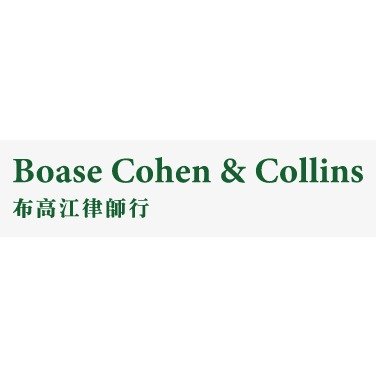Best Bad Faith Insurance Lawyers in Wanchai
Share your needs with us, get contacted by law firms.
Free. Takes 2 min.
List of the best lawyers in Wanchai, Hong Kong
About Bad Faith Insurance Law in Wanchai, Hong Kong:
Bad Faith Insurance refers to insurance companies that act dishonestly or unfairly towards their policyholders. In Wanchai, Hong Kong, like anywhere else, individuals take out insurance policies to ensure that they are protected financially in case of certain events like car accidents, health complications, or property damage. When an insurer fails to uphold its role, for example, refusing to compensate a valid claim, it can be considered as acting in 'bad faith'. While specific laws surrounding bad faith insurance in Hong Kong are scarce, the conduct is regulated under the Hong Kong Insurance Companies Ordinance and common law principles of fairness and good faith.
Why You May Need a Lawyer:
Legal assistance may be necessary when a policyholder believes an insurance company is treating them unfairly or refusing to compensate a valid claim. A lawyer can also be helpful when an insurer is delaying payment, undervaluing a claim, or misrepresenting policy terms. In such scenarios, an experienced attorney can level the playing field and represent the policyholder's interests, ensuring they receive fair treatment and adequate compensation under the policy terms.
Local Laws Overview:
While there isn't specific 'bad faith' insurance legislation in Hong Kong, the principle is embedded within the common law system and the Hong Kong Insurance Companies Ordinance. This ordinance regulates the activities of insurance companies and contains provisions that indirectly handle bad faith conduct. For example, insurers are obligated to handle claims in a prompt and fair manner. Should they fail to do this, they can be held legally accountable.
Frequently Asked Questions:
1. What does 'Bad Faith' mean in the context of insurance?
Bad Faith in insurance refers to an insurer's unfair practices such as undue delay in processing claims, refusing to pay a valid claim, or misrepresenting policy terms to its policyholders.
2. Can I sue my insurance company for bad faith in Wanchai, Hong Kong?
Yes, if you believe your insurer has acted in bad faith, like refusing to pay a just claim or unnecessarily delaying payments, you can sue them for breach of contract and/or unfair trade practice.
3. What qualifies as Bad Faith conduct by an insurer?
Various activities may be considered bad faith, such as intentional misinterpretation of policy language, denying a claim without a valid reason, delaying claim investigation, or refusing to settle a claim or litigate.
4. How can a lawyer help me in a Bad Faith insurance case?
An experienced attorney can help understand the complexities of insurance contracts, recognize bad faith conduct, and represent your interests in any negotiations or legal proceedings against the insurance company.
5. Can an insurer deny my claim without explanation?
No, as per the common law principles and the Hong Kong Insurance Companies Ordinance, an insurer is obligated to provide a valid reason if they intend to deny any claim.
Additional Resources:
The Insurance Authority (IA) is the government organization responsible for regulating and supervising the insurance industry in Hong Kong. They can provide guidance and advice regarding insurance matters. The Hong Kong Federation of Insurers also has resources to help policyholders understand and navigate their insurance coverages.
Next Steps:
If you believe your insurance company has acted in bad faith, it is important to consult with a legal professional who is experienced in this area of law. They can help you understand your rights, review your insurance contract, and advise you on the best course of action. If necessary, a lawyer can also help you sue the insurer for breach of contract and/or unfair trade practices.
Lawzana helps you find the best lawyers and law firms in Wanchai through a curated and pre-screened list of qualified legal professionals. Our platform offers rankings and detailed profiles of attorneys and law firms, allowing you to compare based on practice areas, including Bad Faith Insurance, experience, and client feedback.
Each profile includes a description of the firm's areas of practice, client reviews, team members and partners, year of establishment, spoken languages, office locations, contact information, social media presence, and any published articles or resources. Most firms on our platform speak English and are experienced in both local and international legal matters.
Get a quote from top-rated law firms in Wanchai, Hong Kong — quickly, securely, and without unnecessary hassle.
Disclaimer:
The information provided on this page is for general informational purposes only and does not constitute legal advice. While we strive to ensure the accuracy and relevance of the content, legal information may change over time, and interpretations of the law can vary. You should always consult with a qualified legal professional for advice specific to your situation.
We disclaim all liability for actions taken or not taken based on the content of this page. If you believe any information is incorrect or outdated, please contact us, and we will review and update it where appropriate.












